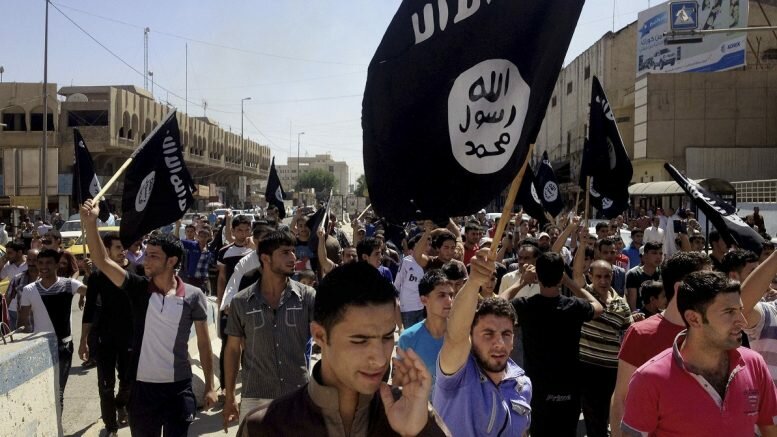The West risks losing the war against ISIL
Extremist Islamist groups such as ISIL (aka IS and ISIS) cannot be defeated by today’s methods, experts believe.
– Disregarding purely tactical victories on the ground, today’s strategy is failing, Katherine Zimmerman of the Conservative American Enterprise Institute (CSIS) think tank opinionates.
Western countries are waging war against Islamist groups like ISIL, but the fight will never end if one does nothing about the underlying causes of jihadism, she continues.
– All the soldiers and intelligence analysts who have worked on this problem realise what is happening, Zimmerman goes on.
Wins battles, but loses the war
– They understand that what we do today is just a temporary solution. It removes the immediate threat but does not seem to stabilise and does not make any progress. This is about politics, she believes.
– It’s easy to say we’re going to kill the one who made the bomb, but it’s much harder to say that the Government we cooperate with has made that person join a terrorist group by depriving him of his rights. And now he makes bombs, Zimmerman explains.
– The West is about to win all the battles, but loses the war, according to her.
Deep dissatisfaction
The extreme Islamist group ISIL, which controlled large areas of Syria and Iraq a few years ago, has returned to their roots and gone underground. But the deep dissatisfaction many Iraqis and Syrians feel, which contributed to ISIL’s growth in the first place, is still there, experts comment.
Although Western countries with the US at the forefront have weakened groups like ISIL, it is not enough to solve the underlying problems that cause such groups to form, is the verdict from CSIS.
Wobbly Nations
Fragile states with weak or ineffective institutions in areas where jihadists are active are allowing groups like ISIL to make safe havens, CSIS points out in a report hot off the presses.
The think-tank compares maps of where ISIL and al-Qaeda have been the most active, with maps of where the authorities in the individual countries are the most effective, based on statistics from the World Bank, and find a clear pattern.
Most countries where the rebels were most active – Yemen, Syria, Iraq, Afghanistan, Libya, Mali, Nigeria and Somalia – are also at the bottom, held up against Government efficiency.
Must provide development aid
General John Allen, who at one time was the Supreme Commander of the United States Armed Forces in Afghanistan, is now leading the prestigious Brookings Institutional think-tank. He believes that the Western countries should now ask themselves how they can gain the upper hand.
– Where should we look for the next issues? Allen rhetorically asks.
– We should spend much more time looking at these areas that are in fragile or shaky states. We must find the places where living conditions contribute to the radicalisation of large parts of the population. When we finally report on, such radicalisation processes have all been going on for a long time, he answers himself.
– The solution lays much more in development aid than in counter-terrorism, in Allen’s opinion.
Sunni’s marginalised
During the annual conference on counter-terrorism organized by the Conservative think-tank the Jamestown Foundation, several pointed to Iraqi authorities’ marginalisation of the Sunni minority as a contributing factor to the emergence of groups such as al-Qaeda and ISIL.
If the Sunni Muslims’ dissatisfaction is not taken seriously, jihadist groups like ISIL will once again flourish, the experts warn.
The report predates Trump’s pledge to withdraw US ground forces from Syria, which is strongly warned against by most experts and politicians, including Norwegian Minister of Foreign Affairs, Ine Søreide. It allegedly spurred the resignation of US Secretary of Defence, General Mattis as well.
© NTB scanpix / #Norway Today



